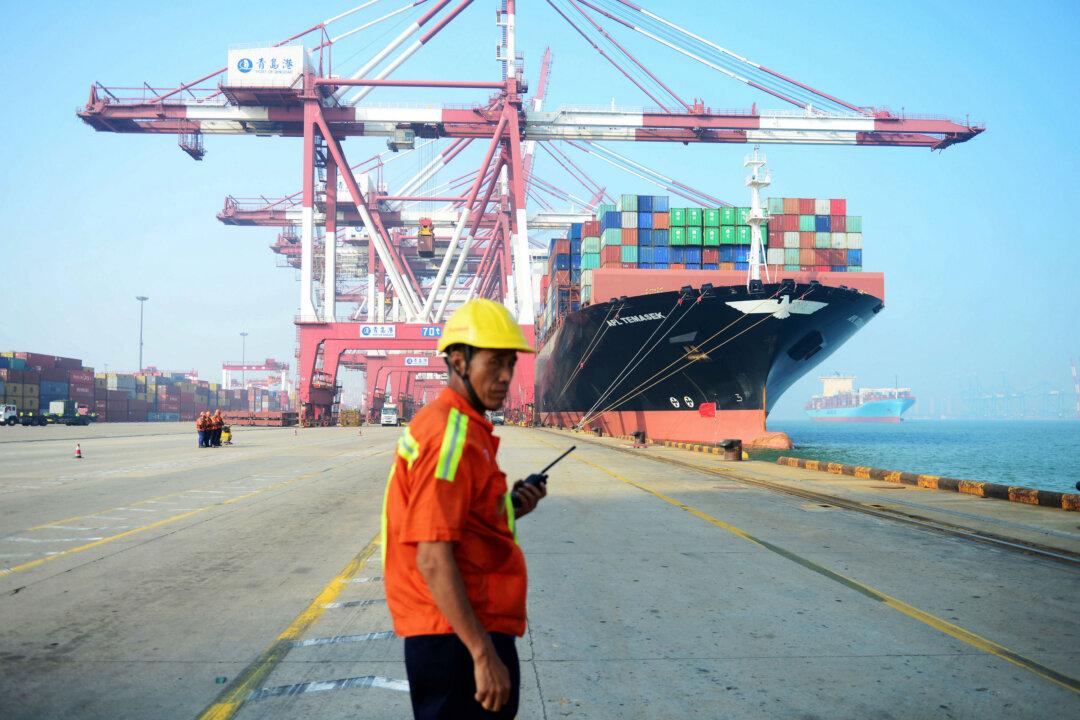Every trade, before it takes place and without exception, benefits both sides.
I buy a shirt for $15. How much do I value it at, upon my purchase? Is it $14 or less? If so, I would lose $1 or more on the deal, and would never engage in it. Is it a tie for me between the shirt and the $15? Am I indifferent between the two? If so, I wouldn’t bestir myself to acquire this product, since there would be no gain in it for me. If you guessed that I valued this clothing at more than $15, then go to the head of the class. If I assessed it at $20, then I made a $5 profit on the deal.





